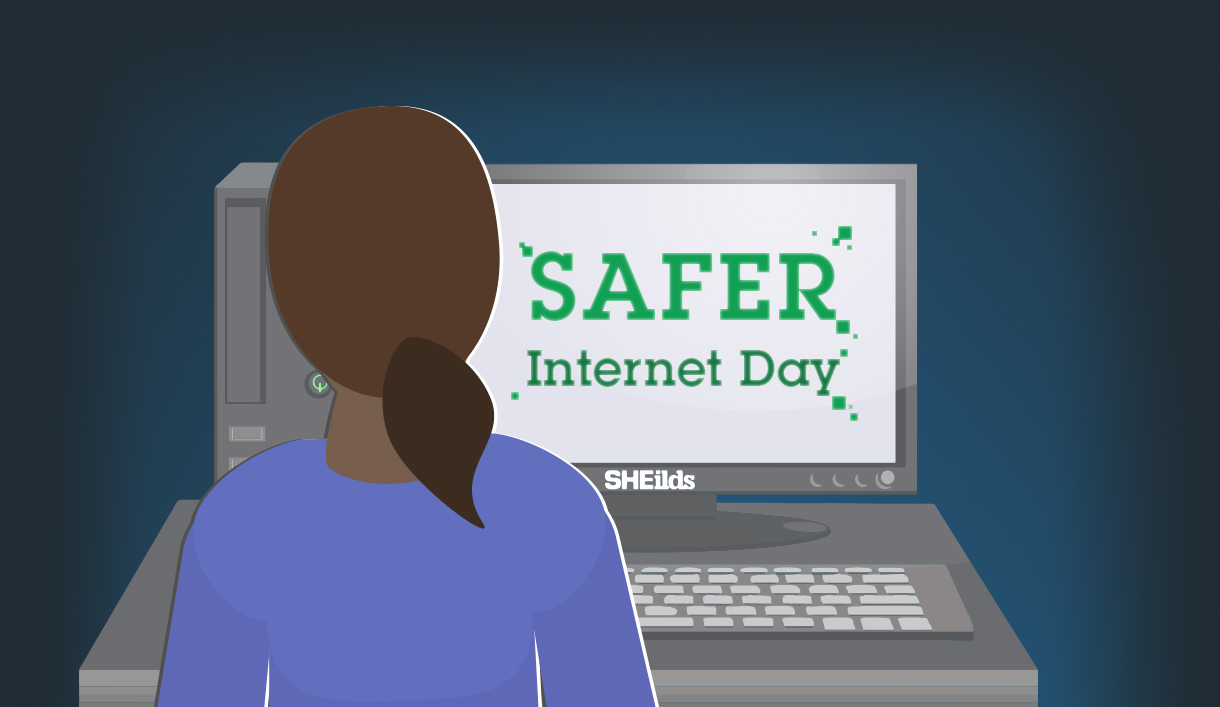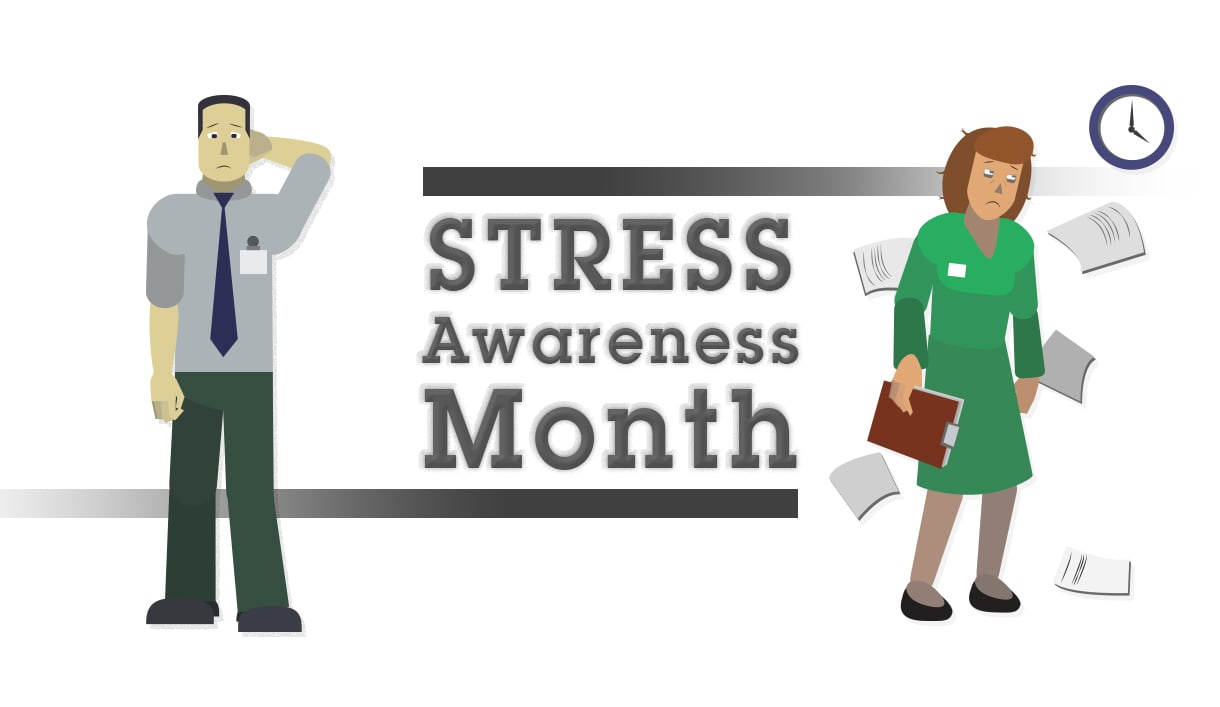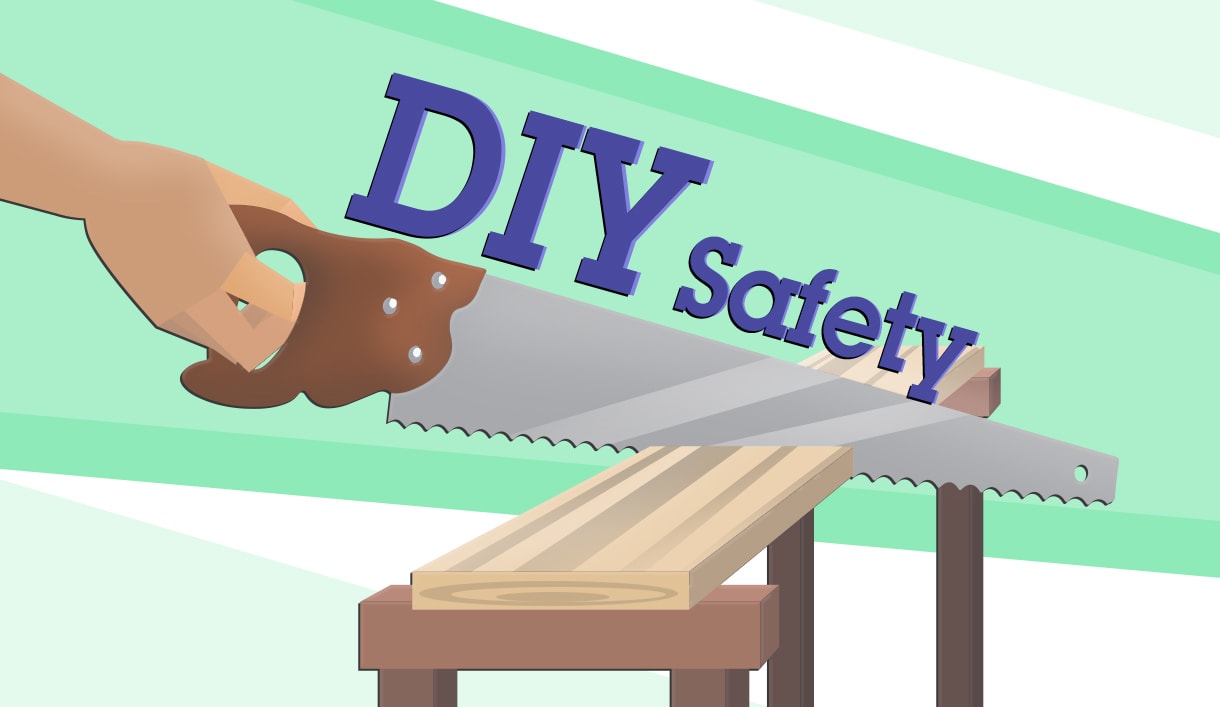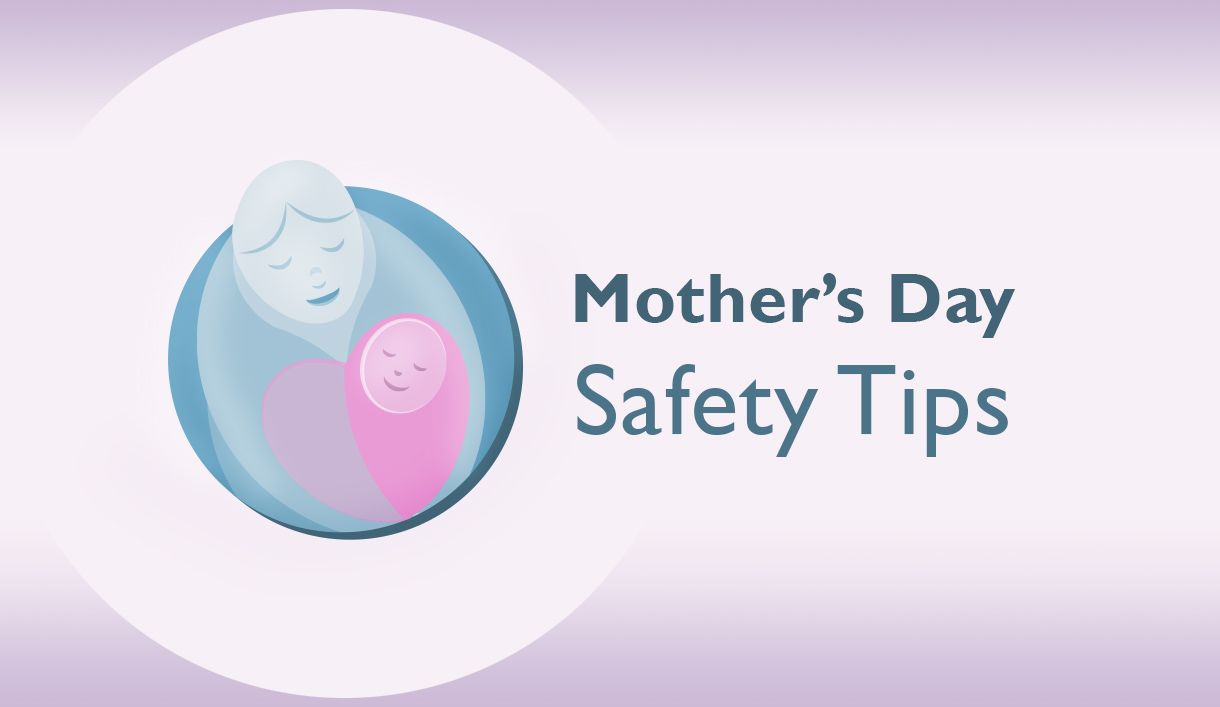Safer Internet Day
Four Key Pieces of Advice for Online Safety
It seems fair to say that the internet – much like the people who use it – has the capacity to facilitate both great and terrible things.
The speed and range of communication it has spearheaded in the last three decades is unprecedented in human history and has revolutionised every aspect of our lives, accelerating social, cultural and technological development across the board.
SHEilds itself has developed in step with this revolution, beginning with an SHE resources website and classroom courses before launching the world’s first NEBOSH National General Certificate e-Learning Course. We have since expanded our e-Learning library to include more than a dozen courses including IOSH courses, advanced Diplomas and a variety of NEBOSH specialisms.
Our mission to improve Health, Safety and Environmental management around the world has unquestionably been made easier and faster by the advent of the internet. Our students meanwhile can enjoy the benefits of accessing training materials anywhere with an internet connection, becoming qualified as and when they choose.
However, as the existence of ‘Safer Internet Day’ indicates, all of this progress comes at a cost.
An Additional Layer of Caution
While many commendable fields have advanced through use of the internet, less respectable practices and behaviours have also developed with the times; hateful abusive voices can be cast louder and shared further, bullying and harassment can follow people into their homes and crime has found brand new vectors to work with.
Couple this with the often-dizzying rate at which technological development accelerates and you have a recipe for overwhelming situations spiralling out control, often beyond the understanding of those effected.
Consider the countless cases of company hacking, leaking of private assets and rapidly evolving scandals which can often spring from a single misplaced comment or compromising photo. The proverbial acorns have a habit of growing into monstrous world spanning trees which push over careers, companies and even lives in the process.
Much of this may well come from outdated reasoning and management systems being applied in a context that has made them frankly irrelevant. Meanwhile, at the opposite end of the spectrum the younger generation may lack the awareness others have developed from seeing the internet develop, leaping into social media and internet activities before realising they are in over their heads.
Whether you fall into either of these camps, we could all benefit from an additional layer of caution. While we embrace the internet’s convenience care is also needed as we may cause damage we don’t intend or leave ourselves open to targeted harassment.
Explore and Benefit from the Internet Safely
In service of helping users explore and benefit from the internet safely, here are four key pieces of advice for online safety to minimise your chances of suffering (or inflicting) a worst-case scenario:
1. Make complex passwords, update regularly, never recycle
This is a point many will be weary of hearing, but it’s largely thanks to lax attitudes regarding logins that it needs to be made again and again. Claiming you’ve “never had a problem using JohnB1980″ as a password on all your online accounts is not a defence.
Having an email or social account compromised can wreak terrible personal damage, having ALL your accounts compromised at once is a disaster. Using unique passwords compartmentalises the damage a digital break-in might wreak, while regular changes are also recommended.
As to the form your passwords take; the strongest method is presently a combination of letters, numbers, cases and symbols with ideally at least 12 characters. Additionally, be wary of using popular names, references or easily guessable personal information as a basis. For example; ‘Ben1992GameOfThrones’ will be far more vulnerable to phishing techniques than ‘XrayGofT1745.vmTo9*&’.
If the prospect of storing a plethora of complex passwords seems daunting, consider keeping a secure master sheet or code hint book under lock and key. At the very least someone will need physical access to it in order to compromise your accounts as opposed to remotely targeting you from virtually anywhere.
The worrying thing is that no matter how secure your password may be, if a website that you have signed up to has been compromised then your password used to sign up to that site may have been leaked.
I would recommend checking https://www.haveibeenpwned.com regularly. Simply enter your e-mail address and if a site has been compromised it will appear on this list, I would then recommend you switch your password for any other site you have used it on.
2. You’re not whispering, you’re SHOUTING to a stadium
This is a general rule, but one worth keeping in mind whenever you post something publicly online. It can be difficult to get perspective on just how far a social media post (or a blog for that matter) can go, to the point where many of us forget just how public our comments really are.
You may not be used to much traffic or attention, then suddenly one day you say the wrong thing and find yourself getting thousands of comments and shares. It could happen tomorrow, it could happen next year, it might never happen but regardless, it’s important to be aware of the exponential harm a ‘viral’ post might cause.
Before you share a potentially controversial point or personal information consider; would you be happy to share this with a stadium of people? Would you be happy with everyone at the bus stop knowing or all your neighbours? Could this damage your professional reputation within the workplace?
Prevention is better than cure as they say, so rather than resenting a post after it has backfired consider whether it’s something you feel safe sharing with the entire world to begin with.

While we’re on the subject of the internet, did you know you can study for NEBOSH Qualifications in SHE online?
3. Everyone on the internet is a human being
Well, maybe not quite everyone – last time I checked there were plenty of cats and spam bots – but for the most part this is true.
Indeed, it should be obvious, but unfortunately the internet’s diminished sense of responsibility and less apparent consequences insulate us from this fact, making it far easier to behave in ways we would normally consider unacceptable.
What we might struggle to say to someone’s face in person is far easier to throw at a goofy Twitter avatar or a character in a multiplayer game. On our end we close the window, leave the game or put our phone away and never think about it again; we never have to see the impact, but someone is experiencing that reality whether you acknowledge it or not.
Abusing, ridiculing, humiliating or threatening someone online (even if you’re not serious) will have consequences regardless of whether you are aware.
We can’t all agree, and conflicting views are inevitable on the world stage, but if you are tempted to become aggressive take 5 minutes away from the conversation and think about who you are actually talking to. Apologising or walking away from a conflict altogether may often be the best course of action.
4. Who are you really talking to?
I don’t want to dissuade anyone from making meaningful connections online, however keeping in mind the powers online anonymity can grant users is always wise. Information – whether it be personal, company or news – can be fabricated with remarkable ease to fool the casual eye.
For example; did you know I’m a qualified veteran pilot based in Canada running training courses for helicopter operation? For an amazing one-off fee, you can enrol on my programme to see you flying in under a month from your local airport! All I’ll need to get started is your name, address and card numb-
…
Okay, the above point is obviously fraudulent, but scammers have been honing their craft alongside internet services for years and they’ve become pretty cunning in the process. Even if you get along well with someone online, share a joke and appear to have common interests, maintaining cautious control over your personal and payment details is imperative.
Even if you’re not committing to something as serious as payment or sharing your details, scepticism of any information shared is also a good policy. Before engaging, sharing and acting upon a news development try checking a few other unconnected internet sources for discrepancies. When the consistency of facts doesn’t hold up proceed with caution.
The Danger of Assumption
The four points above are generalised and are only intended as a starting point, there are plenty of other minor pitfalls to keep in mind when navigating the internet’s unpredictable currents.
Each of us will ultimately have to find our own exact safe methods as the speed at which internet culture evolves means we too must develop with it. However, if there’s one point I’m sure will remain relevant in years and decades yet to come it is acknowledging the danger of assumption.
The greater your understanding of systems, cultures and threats the safer you’ll be and though that may require some work it’s worth it. To abandon this process of learning and replace it with cosy assumption and ignorance is to invite disaster.
Don’t let someone else do the thinking for you. Investigate and ask the questions first.
Owen Roach








Leave a Reply
Want to join the discussion?Feel free to contribute!